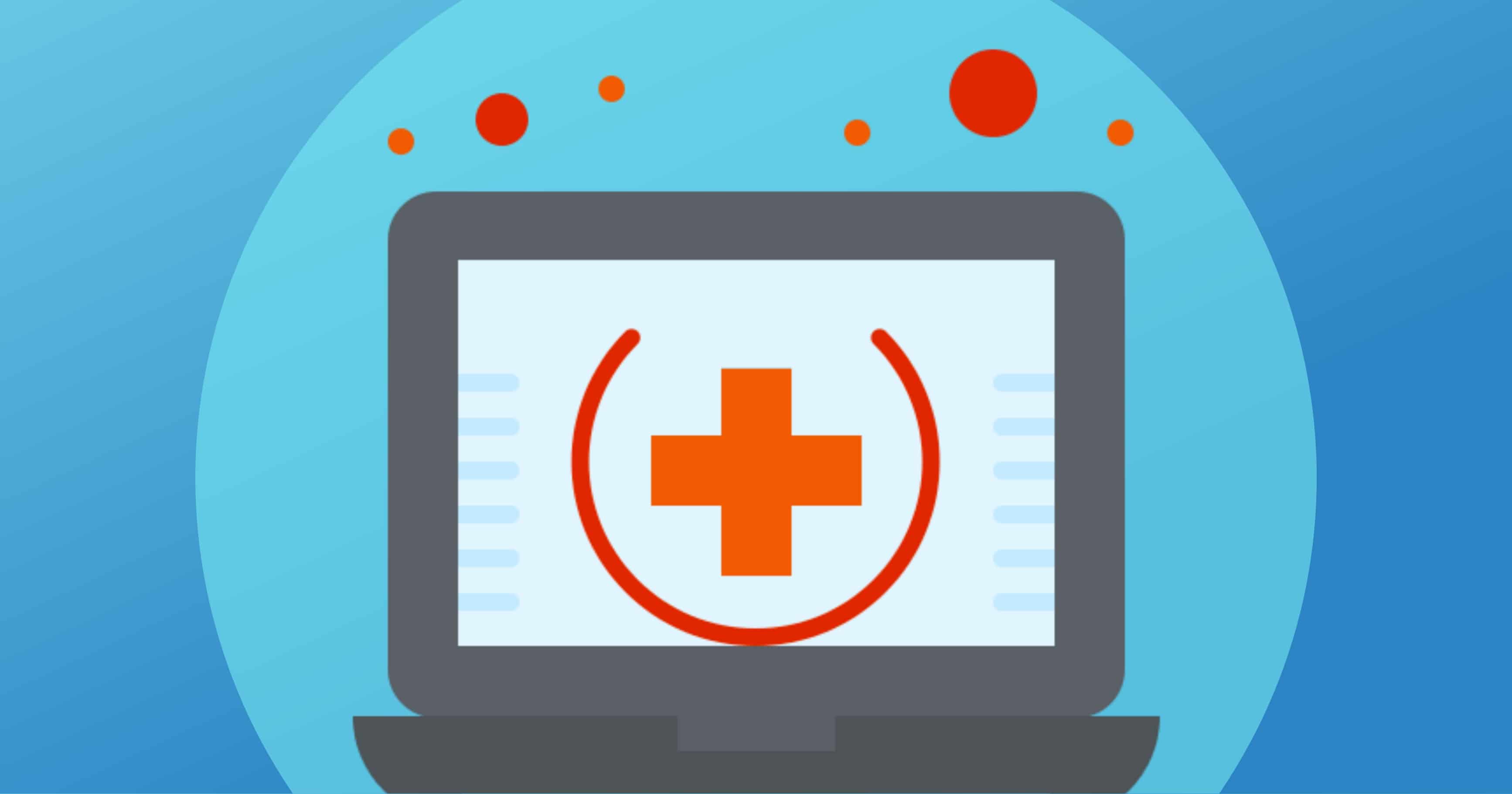Providing outstanding patient care while balancing all of the recordkeeping, follow-up, and other responsibilities can be challenging. One tool that can help is an EHR (Electronic Health Record) system. While EHRs have been commonplace for years in hospitals and larger clinical settings, the costs and the learning curve required to master these systems has caused smaller practices to shy away from embracing them.
Today there are EHR systems purpose-built for small medical practices, including behavioral health. What should you look for when searching for the best EHR for small mental health practices?
The Basics of EHRs for Small Behavioral Health Practices
Before you consider putting the protected health information of any patient into an EHR system or any place that is not completely under your control, you must consider HIPAA rules and regulations.
HIPAA considers all healthcare providers, (including mental and behavioral healthcare providers) that transmit any health care data in an electronic form about a transaction for which HHS (Health and Human Services) has adopted a standard to be a Covered Entity. The HHS transactions with standards are:
- Payment and remittance advice
- Claims status
- Eligibility
- Coordination of benefits
- Claims and encounter information
- Enrollment and disenrollment
- Referrals and authorizations
- Premium payment
If you do not conduct any of these transactions electronically, you are not required to meet the standards of HIPAA compliance. However, most people equate HIPAA compliance with privacy standards and protections. If someone asks whether you follow HIPAA, how would they respond if you told them no?
If your EHR is HIPAA-compliant, you have the assurance that the place where you store your patient records meets the standards of the HIPAA Security Rule and the HIPAA Privacy Rule. If patients ask, you can tell them that you are storing their records in an EHR that meets HIPAA requirements.
What’s the Best EHR for Small Behavioral Health Practices?
SimplePractice and TherapyNotes are two of the most widely used EHRs among small mental health practices.
Both products offer a wide variety of services, the ability to scale beyond a single provider if needed, and their customer support seems to be well-received. Both also offer a 30-day free trial.
Most Compliancy Group clients that are small behavioral health providers with EHRs use one of these two services, but there are certainly other options available. Assuming that the EHR that you’re considering is fully HIPAA compliant, the best EHR is the one that best works for your practice.
Can I Find a Free EHR for Small Mental Health Practices?
We did find a few “truly free” EHRs, but each one has its own set of unique issues that make them less than ideal. For example, Sessions Health does offer a “freemium” level that includes all the features of their paid version, but you can store only three clients’ records. The product has a solid list of features and appears to be HIPAA-compliant, so it might be a good option for someone just starting a small practice on the side, or considering changing EHRs.
If you find a “truly free” EHR that has a robust set of features that meets your needs, be very cautious. The old rule of thumb is that if a product is free, YOU are the product.
One Final Thought on EHR for Small Mental Health Practices
Using the same logic that prompted Willie Sutton to rob banks (“Because that’s where the money is.”) cybercriminals love to target EHR systems because of the kinds and amounts of valuable data stored there. Even if your practice is exempt from following HIPAA, most states require patient notification if an individual’s PHI (protected health information) is exposed in a data breach. It’s something to keep in mind.










